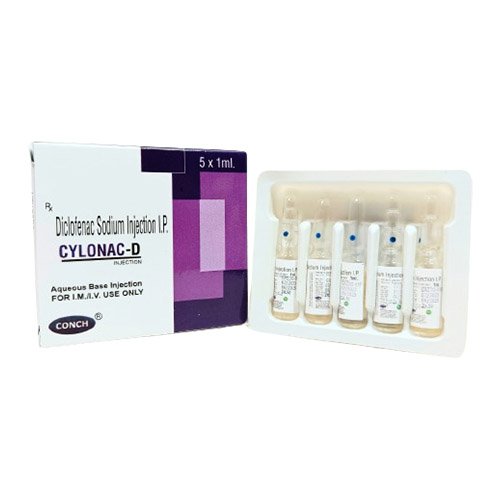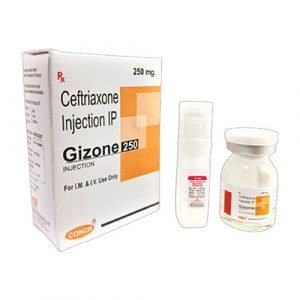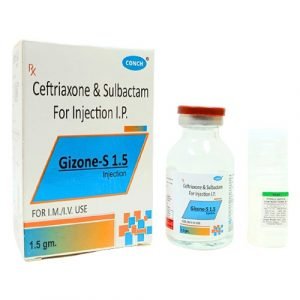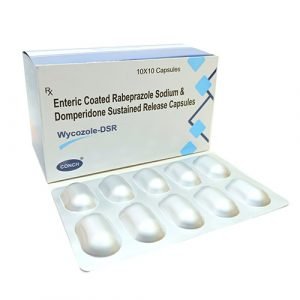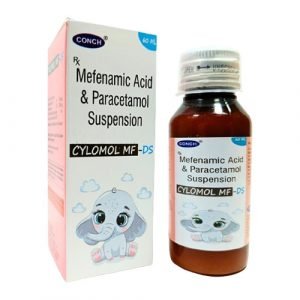Diclofenac Sodium Injection is a fast-acting medicine used to reduce pain, swelling, and stiffness in the body. It belongs to a group of medicines called non-steroidal anti-inflammatory drugs (NSAIDs). Doctors often use it when quick relief is needed, such as after surgery, injury, or in severe joint and muscle pain. This injection is usually given by a healthcare professional into the muscle or vein, so it works faster than tablets or capsules.
Uses Diclofenac Sodium Injection
Here are the detailed uses of Diclofenac sodium injection:
Post-surgery pain relief – This injection helps control pain after operations.
Joint and muscle pain – Useful in conditions like arthritis, sprains, and strains.
Back pain – Eases severe backache and stiffness.
Injury pain – Reduces swelling and discomfort after accidents.
Menstrual pain – Provides quick relief in very painful periods.
It is generally prescribed when oral medicines are not suitable or when faster relief is needed. Always use it under medical supervision for safety.
How Diclofenac works in the body
Diclofenac works by blocking certain natural substances in the body called prostaglandins. Prostaglandins are responsible for swelling, causing pain, and fever. By stopping their production, Diclofenac helps you feel less pain and move more easily. It doesn’t treat the cause of the problem, but helps you feel comfortable while your body heals. This is why it’s often used for short-term pain relief rather than long-term use.
Expert Advice For Diclofenac Injection
- Use Diclofenac Sodium Injection only when prescribed by a doctor.
- Inform your doctor if you have heart problems, liver disease, kidney issues, or stomach ulcers before taking this medicine.
- This injection is for short-term use only. Long-term or frequent use may cause harmful side effects.
- If you are pregnant or breastfeeding, tell your doctor before using this injection.
- Do not self-inject. Always take it from a trained nurse or doctor.
- Eat a light meal before treatment to reduce the risk of stomach upset.
- Stop the medicine and get medical help immediately if you feel chest pain, shortness of breath, severe stomach pain, or unusual bleeding.
Possible Side Effects Of Diclofenac Injection
Like all medicines, Diclofenac Sodium Injection may cause side effects, but not everyone gets them. Common side effects include:
- Pain, redness, or swelling at the injection site
- Nausea or vomiting
- Stomach pain or indigestion
- Dizziness or headache
- Serious but rare side effects:
- Stomach bleeding or ulcers
- Allergic reactions like rash, itching, or swelling
- Shortness of breath or chest pain
- Liver or kidney problems
If you notice any unusual or severe symptoms after getting this injection, contact your doctor immediately. Using it for a short time and in the right dose reduces the chance of side effects.
Disclaimer – The content on this site is for educational purposes. Do not inject diclofenac on your own without a doctor’s prescription. Always take the medicine under the doctor’s prescription.

